The Vietnam Agricultural Genetics Institute has carried out the project: "Research on the application of genome editing technology to improve aroma and leaf blight resistance traits on some major rice varieties in Vietnam"
Solutions for responding to climate change
Over the past five years, many Asian countries have shown efforts to accelerate the process of completing a legal framework for genetically modified crops in a scientific and open manner.
Japan is one of the pioneering countries in Asia when it licenses the commercialization of gene-edited tomatoes, containing high GABA content, in 2021.
In China, the licensing process and procedures for gene-edited crops have been shortened and simplified many times. Currently, China has also licensed the commercialization of high-oleic soybeans produced by gene editing. This is also the country with the largest number of research on gene-edited crops in the world .
In May 2025, India also announced a historic breakthrough when it successfully developed the world's first two gene-edited rice varieties using CRISPR-Cas SDN-1 technology.
In Southeast Asia, many countries have been reviewing their regulatory frameworks and have made rapid progress in the past five years in providing specific guidelines for gene editing technology. The Philippines is the regional leader in providing regulatory guidelines from 2022 and has already licensed the use and commercialization of several gene-edited crops.
Then in August 2024, Thailand and Singapore passed legal regulations for this crop. In these countries, regulations for gene-edited crops consider the final product, if the final product does not contain foreign genes, or is similar or can be selected through traditional breeding methods, it is considered a conventional crop, and therefore, the regulations will apply as for traditional crops.
In late 2024, the Indonesian Food and Drugs Monitoring Agency (BPOM) issued Regulation No. 19/2024, which added guidelines for gene editing technology – specifying that this is a modern biological technique that allows for simpler, more precise, and more efficient gene modification to create improved food products. According to Article 9 of the Regulation, foods produced using gene editing technology will be assessed on a case-by-case basis. If the product contains foreign DNA, it will be classified as a genetically modified food produced using gene editing technology; otherwise, it will be considered as a conventional product and will not be assessed according to the regulations for genetically modified foods. On July 3, the National Biosafety Committee published and published a circular guiding the registration of gene-edited products on the National Biosafety Clearing House (BCH), stating that developers can submit registration applications for gene-edited plant varieties.
Many international experts believe that these policy changes are an important step forward in unlocking the scientific potential in the field of plant breeding. Promoting the application of gene editing techniques will support the global agricultural sector to develop in a greener, more sustainable and more flexible direction in the face of climate and pest risks. The countries' actions are a clear demonstration of a science-based approach, while continuing to promote a harmonized, scientific and similar approach among countries around the world in the application and use of products created from biotechnology, including gene-edited crops.
In the context of globalization of agricultural supply chains and growing challenges of food security and climate change, many developed countries such as the UK, the European Union (EU), Australia and New Zealand have taken important steps in adjusting policies and regulations for crops developed using modern biotechnology, especially gene editing technology.
At a meeting on 25 July 2025, the Australian and New Zealand Food Ministers approved Food Standards Australia and New Zealand (FSANZ) Proposal P1055. The approved changes will modernise the food regulatory system to better accommodate novel breeding techniques (NBTs), including gene editing, while ensuring public health safety.
A key feature of the proposed change is the replacement of the old process-based definition of “genetically engineered food” with a new end-product-based definition of “genetically modified food”. FSANZ Executive Director of Public Health Christel Leemhuis said the change would “remove confusion” for businesses and consumers while ensuring public health and safety.
This new definition would exclude most products developed using novel breeding techniques, including gene editing, from being regulated as genetically modified foods – reducing time to market, reducing compliance burdens and increasing transparency.
Previously, in Europe, on March 14, 2025, the European Council adopted a negotiating mandate regarding the European Commission's proposal for new regulations on crops and food derived from novel genetic techniques (NGTs). The new regulation aims to update EU law to take into account scientific and technological advances over the past few decades, while promoting the development of sustainable crop varieties that are highly resilient to climate change.
The European Council has largely supported the European Commission’s proposal on NGT, while introducing some amendments to strengthen health and environmental protection and address patent protection issues. Accordingly, EU Member States have the right to refuse to cultivate Category 2 NGT crops on their territory and are allowed to apply measures to prevent the unintended spread of NGT, especially in organic or geographically specific agricultural areas.
Regarding intellectual property rights, companies registering NGT Category 1 crops will be required to disclose relevant patents in a database managed by the European Union. The Council also proposed the establishment of an expert group to assess the impact of patent protection and to conduct periodic studies to ensure access to seeds and maintain the competitiveness of the European plant breeding industry. In addition, NGT Category 2 crops will be fully labelled, while crops with herbicide resistance traits will not be classified as Category 1 to ensure stricter controls. The agreement on the negotiating mandate is an important step, paving the way for further negotiations between the Council and the European Parliament before the final regulation is issued.
In the UK, in February 2025, the Advisory Committee on Environmental Release (ACRE) approved field trials of nine gene-edited wheat lines proposed by the University of Oxford. These wheat lines use CHLORAD technology, which is expected to yield higher yields and be more resistant to adverse conditions. ACRE confirmed that the trial fully meets biosafety requirements and does not cause negative impacts on human health or the environment.
Do Huong
Source: https://baochinhphu.vn/nhieu-tien-bo-trong-cay-trong-chinh-sua-gen-tren-the-gioi-102250805134711508.htm


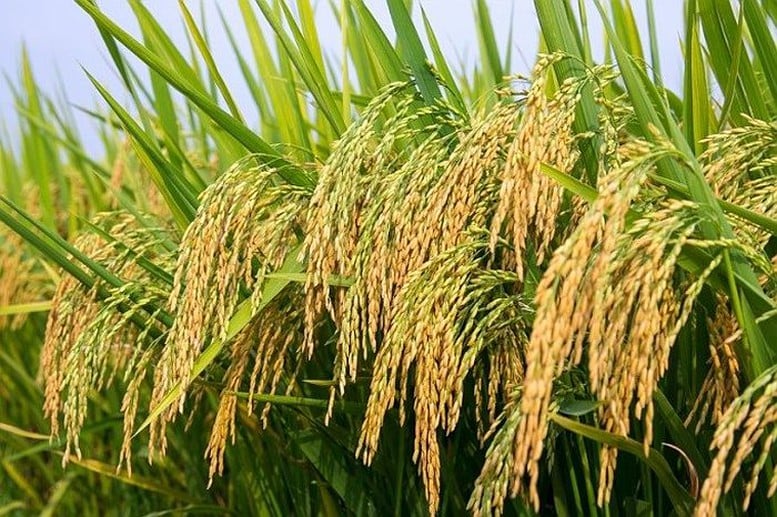
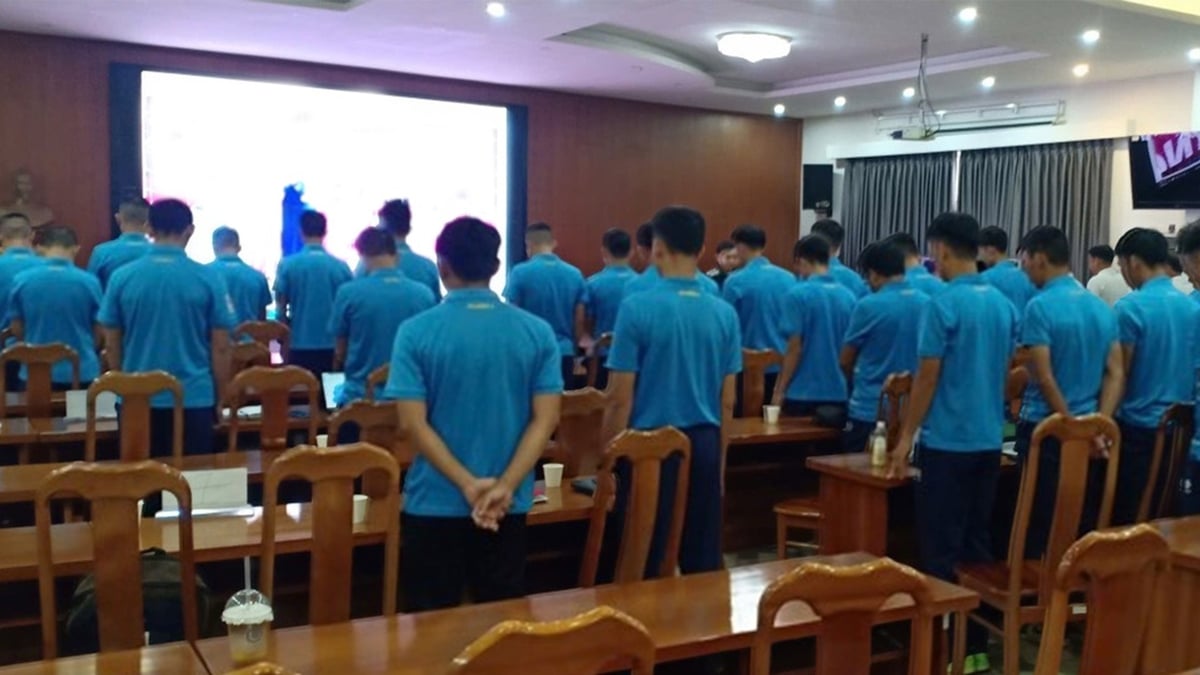
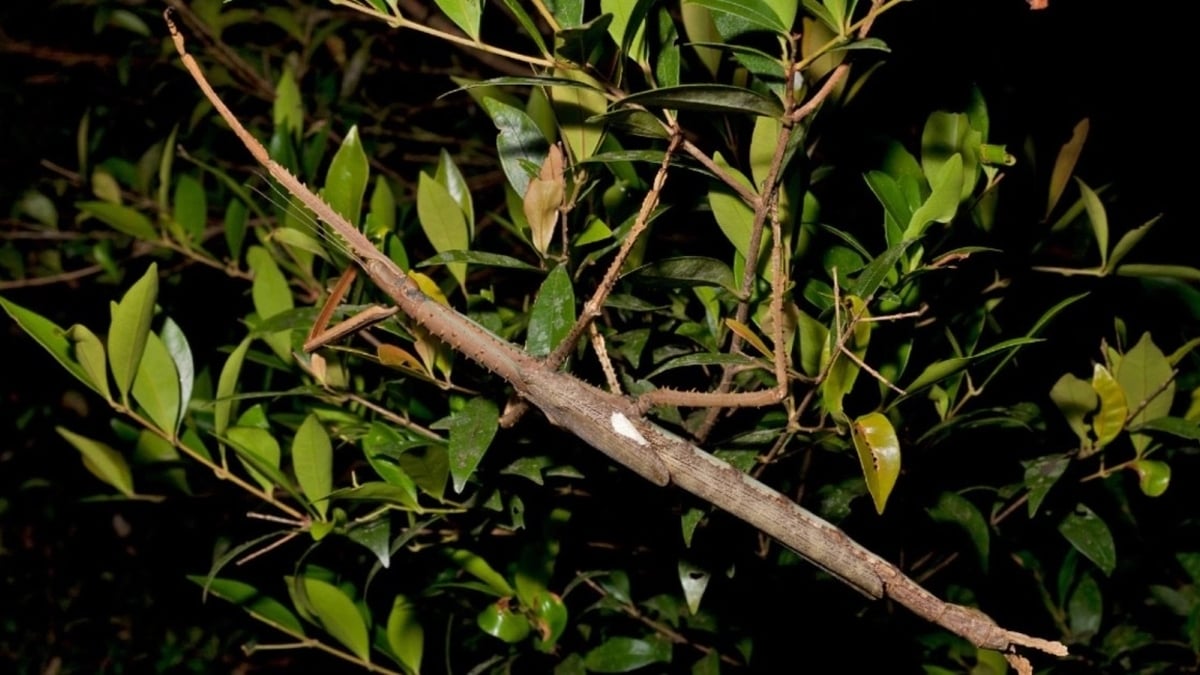


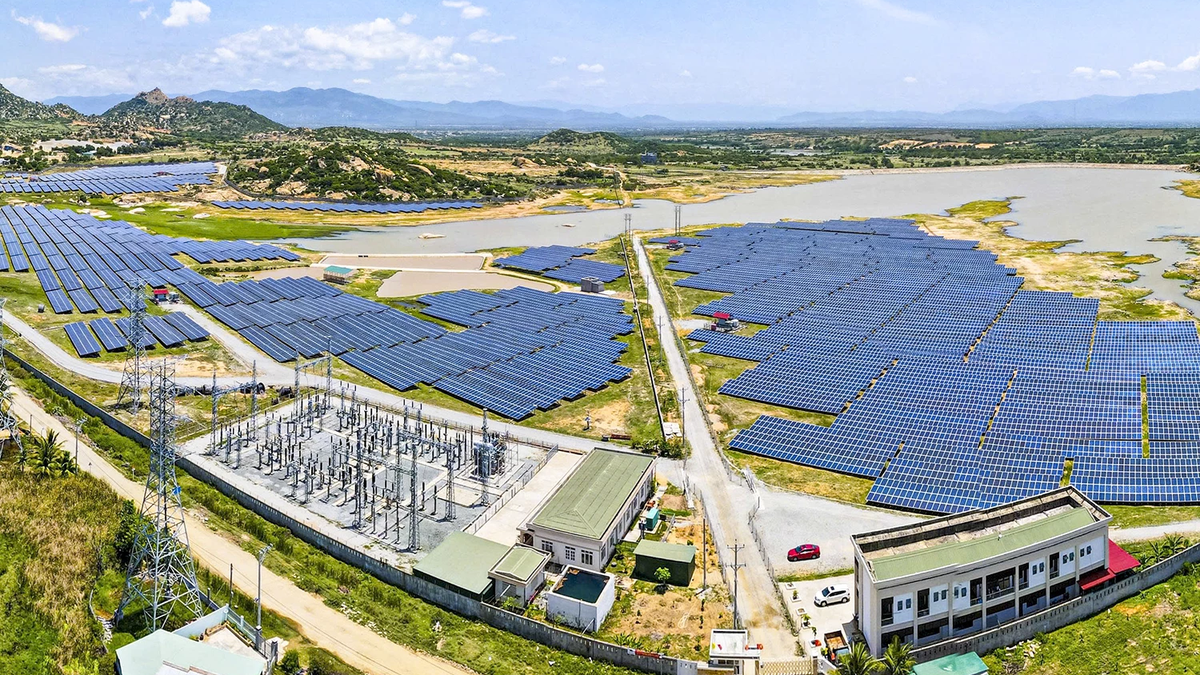


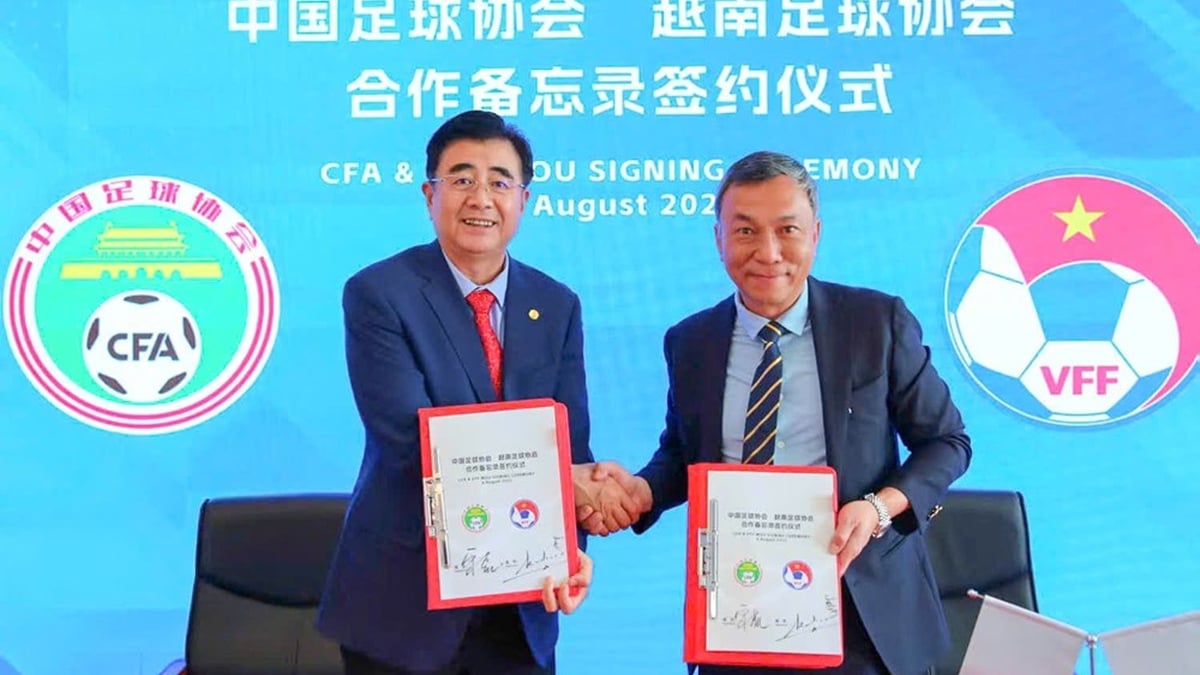

















![[Photo] Nghe An: Provincial Road 543D seriously eroded due to floods](https://vphoto.vietnam.vn/thumb/1200x675/vietnam/resource/IMAGE/2025/8/5/5759d3837c26428799f6d929fa274493)

































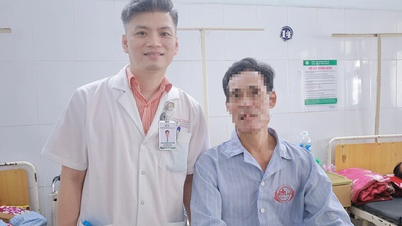
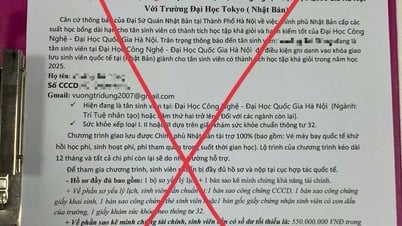







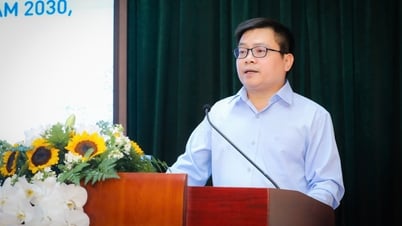


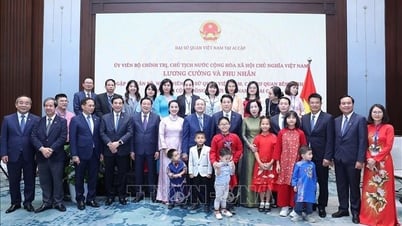
























Comment (0)